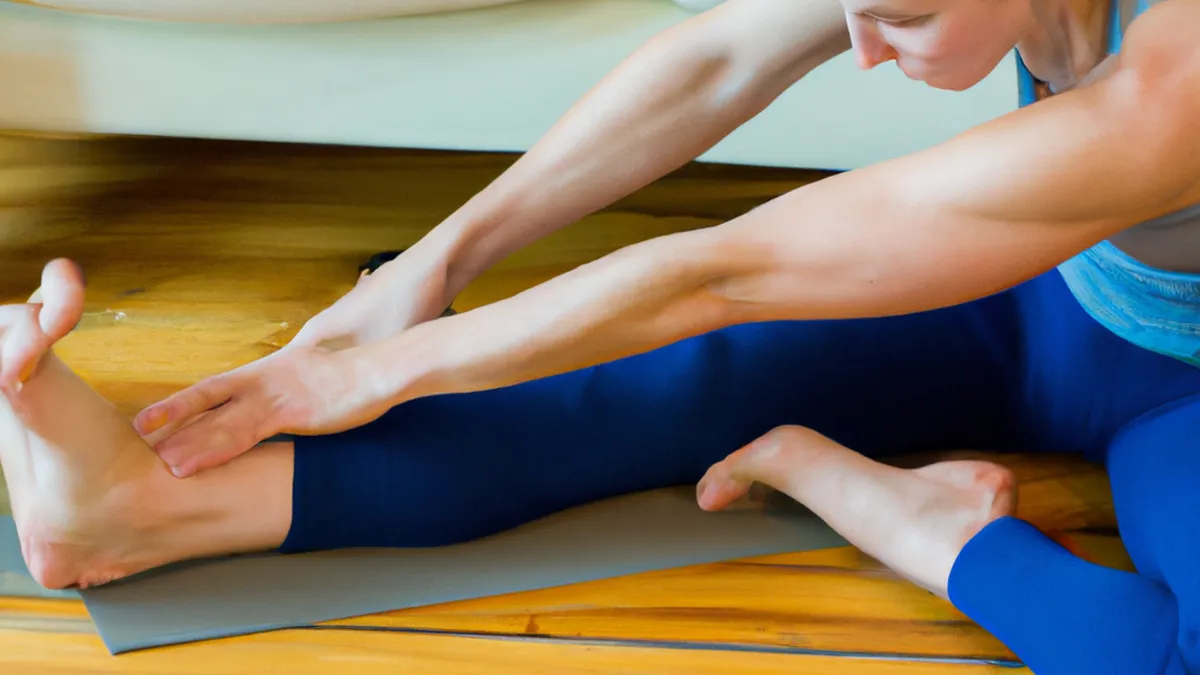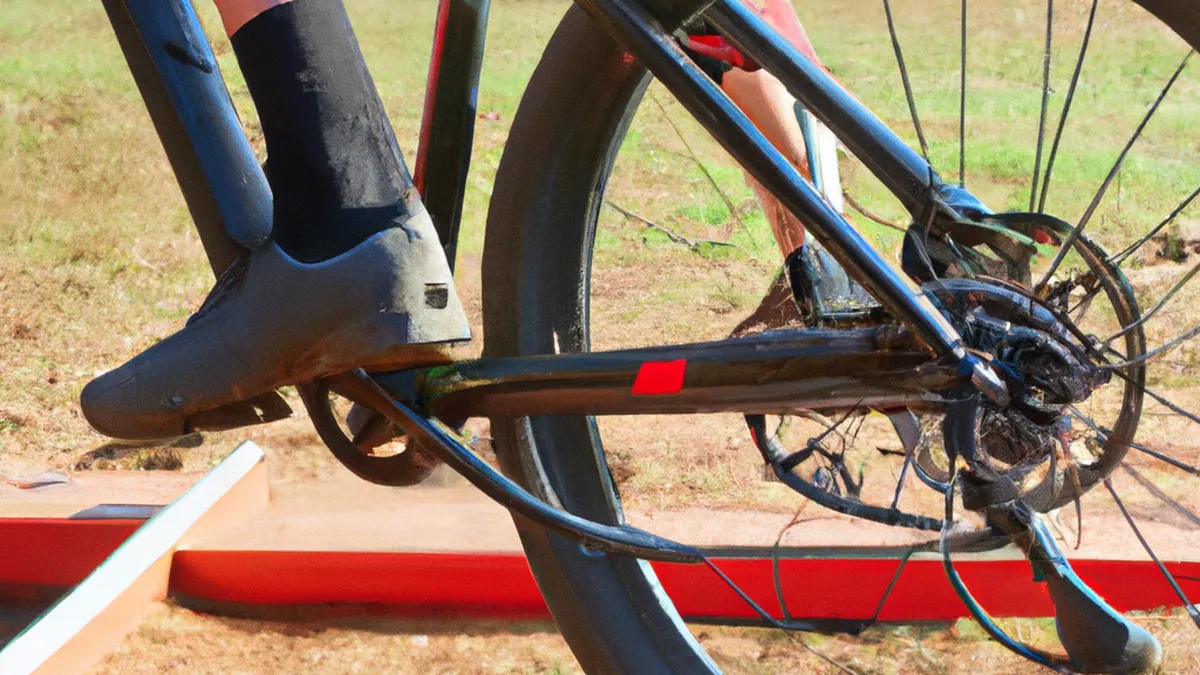Prevent Injuries with Simple Exercises
Prehabilitation Exercises for Injury PreventionInjuries can hinder your progress and diminish your quality of life. Prehabilitation, or “prehab,” aims to prevent injuries before they occur. It includes specific exercises that strengthen muscles, enhance flexibility, and improve resilience. By adding prehabilitation exercises to your routine, you promote longevity in physical activities and lower your injury risk.
Understanding Prehabilitation
Prehabilitation conditions your body before intense activities. Many athletes and fitness enthusiasts adopt this proactive approach. Injuries often stem from muscle imbalances, weaknesses, and poor movement patterns. Prehab addresses these issues to build resilience against injuries.Prehab exercises target vulnerable body areas like knees, hips, shoulders, and back. Strengthening these areas reduces injury risk during sports and daily activities. Additionally, prehabilitation can boost athletic performance by enhancing movement efficiency.
Key Prehabilitation Exercises
As an Amazon Associate I earn from qualifying purchases.
Gear tip: consider standing desk balance board, compression sleeves, and compression socks to support this topic.
1. Strengthening Exercises
Strengthening exercises form prehabilitation’s foundation. They target major muscle groups and stabilizing muscles. Here are some effective options:- **Squats**: Squats strengthen your legs and core. They engage your quadriceps, hamstrings, glutes, and lower back. Start with bodyweight squats, then gradually add weights. Maintain proper form to protect your knees.- **Lunges**: Lunges improve balance and coordination while targeting your glutes, quads, and hamstrings. Try forward, reverse, and lateral lunges to engage different muscle groups.- **Push-Ups**: Push-ups strengthen your upper body and stabilize your shoulders. They work your chest, triceps, and core. If standard push-ups are too challenging, modify them by using your knees or performing incline push-ups.
2. Flexibility and Mobility Work
Flexibility plays a critical role in injury prevention. Incorporate stretching and mobility exercises to maintain a healthy range of motion. Consider these options:- **Dynamic Stretching**: Perform dynamic stretches before workouts to prepare your muscles and joints. Include leg swings, arm circles, and torso twists to increase blood flow and enhance range of motion.- **Foam Rolling**: Foam rolling releases muscle tightness and improves circulation. Focus on tense areas like your quads, hamstrings, and back to promote recovery and flexibility.
Conclusion
Prehabilitation exercises enhance strength, flexibility, and resilience. They help prevent injuries and improve athletic performance. Incorporate these exercises into your routine for better physical health.
Below are related products based on this post:
FAQ
What is prehabilitation?
Prehabilitation, or “prehab,” is a proactive approach aimed at preventing injuries before they occur. It involves specific exercises designed to strengthen muscles, enhance flexibility, and improve overall resilience, ultimately promoting longevity in physical activities.
Why are prehabilitation exercises important?
Prehabilitation exercises are important because they target vulnerable areas of the body that are prone to injury, such as the knees, hips, shoulders, and back. By addressing muscle imbalances and weaknesses, these exercises reduce injury risk and can also enhance athletic performance through improved movement efficiency.
What types of exercises are included in prehabilitation?
Prehabilitation includes a variety of exercises, primarily focusing on strengthening and flexibility. Key exercises include squats, lunges, push-ups, dynamic stretching, and foam rolling, all of which contribute to building strength, maintaining flexibility, and promoting recovery.















Post Comment